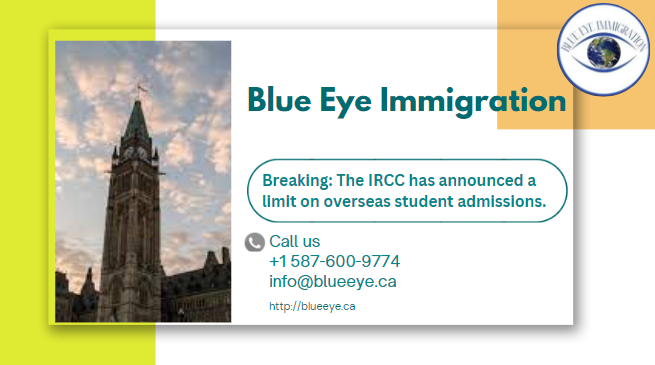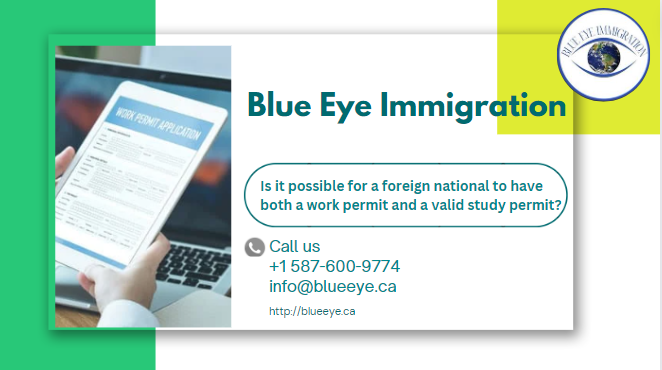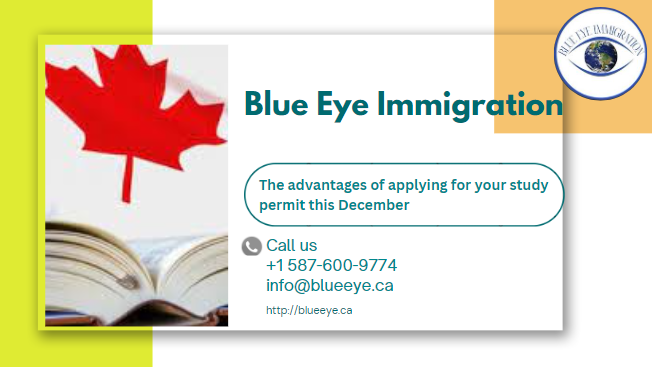A temporary restriction on the quantity of study visas granted to foreign students has been announced by Immigration, Refugees and Citizenship Canada (IRCC).
The cap is “expected to result in approximately 360,000 approved study permits, a decrease of 35% from 2023,” according to an IRCC statement for 2024.
In addition, caps are being introduced by IRCC for every province and territory. According to the department, the caps will be weighted by population and will cause notable reductions in the provinces with the highest rates of unsustainable growth in the population of foreign students.
The limitations do not apply to people pursuing master’s and doctorate degrees, nor do they affect individuals who currently possess study permits or those who renew them.
As of today, January 22, 2024, each study permit application filed with the IRCC will additionally need to include an attestation letter from a province or territory (PT), according to the IRCC. By March 31, 2024, PTs must have a procedure in place for sending these letters.
The agency said that in 2025, it will review the cap.
Modifications to the Post-Graduation Work Permit Eligibility Criteria
The Post Graduation Work Permit (PGWP) eligibility requirements have also undergone modifications, as published by the IRCC.
International students enrolled in study programs that are a part of curriculum licensing agreements will no longer be eligible for the PGWP as of September 2024.
According to curriculum licensing agreements, students physically visit a private college that holds a license to instruct the curriculum of a related public institution, as defined by the IRCC. Despite the fact that these programs have drawn in foreign students recently, they constitute a loophole for PGWP eligibility since they are less closely regulated than public universities.
Additionally, the IRCC has announced that foreign students may now apply for a three-year work visa after completing a master’s degree or other short graduate program.
The duration of a PGWP is determined by the duration of the individual’s study program under the current requirements. Because it reduces the period of time master’s students may work in Canada and subsequently apply for permanent status, this criterion drastically limits their options.
The agency will also provide further information about open work permits for overseas students’ spouses in the coming weeks. According to the IRCC, spouses of overseas students enrolled in master’s and doctorate programs will be the only ones eligible for open work visas.
He even went so far as to say that he would be releasing policies pertaining to temporary residents, especially foreign students, in the first quarter of this year during an interview with CTV news last week.
The IRCC has been under increasing pressure to act regarding the quantity of foreign students studying in Canada. According to the minister, the sheer number of pupils presents a threat to the system’s credibility. According to him in the CTV interview, foreign students at some universities are “paying a premium dollar to and not necessarily getting the education they were promised.”
The current publication from the IRCC states that “some institutions have significantly increased their intakes to drive revenues, and more students have been arriving in Canada without the proper supports they need to succeed.” It also mentions how housing, healthcare, and other resources are strained by the sharp rise in the number of foreign students enrolling at Canadian universities.
Students from abroad studying in Canada
The minister predicted that more than 900,000 foreign students will be accepted to Canada by 2023, up from over 800,000 in 2022.
The minister claimed to CTVs that the IRCC had been trying to “get our own house in order federally” and that the system was “out of control.”
Additionally, he expressed disapproval of the provinces’ “permissive” designated learning institution (DLI) framework and insisted that “robust” talks between provincial governments and their DLIs were necessary. The only post-secondary educational establishments in Canada that permit admission of overseas students are DLIs. In Canada, there are more than 1,000 DLIs, with 529 of them located in Ontario.
Additional modifications to the international student program were announced by the IRCC in December, including a doubling of the cost-of-living threshold for foreign students from $10,000 to $20,635. According to the department, this will assist foreign students in better preparing for the true expense of living in Canada.
In addition, a Trusted Framework Agreement between IRCC and DLIs is anticipated to be implemented by the academic year 2024. Study processing will be accelerated for eligible DLIs.



